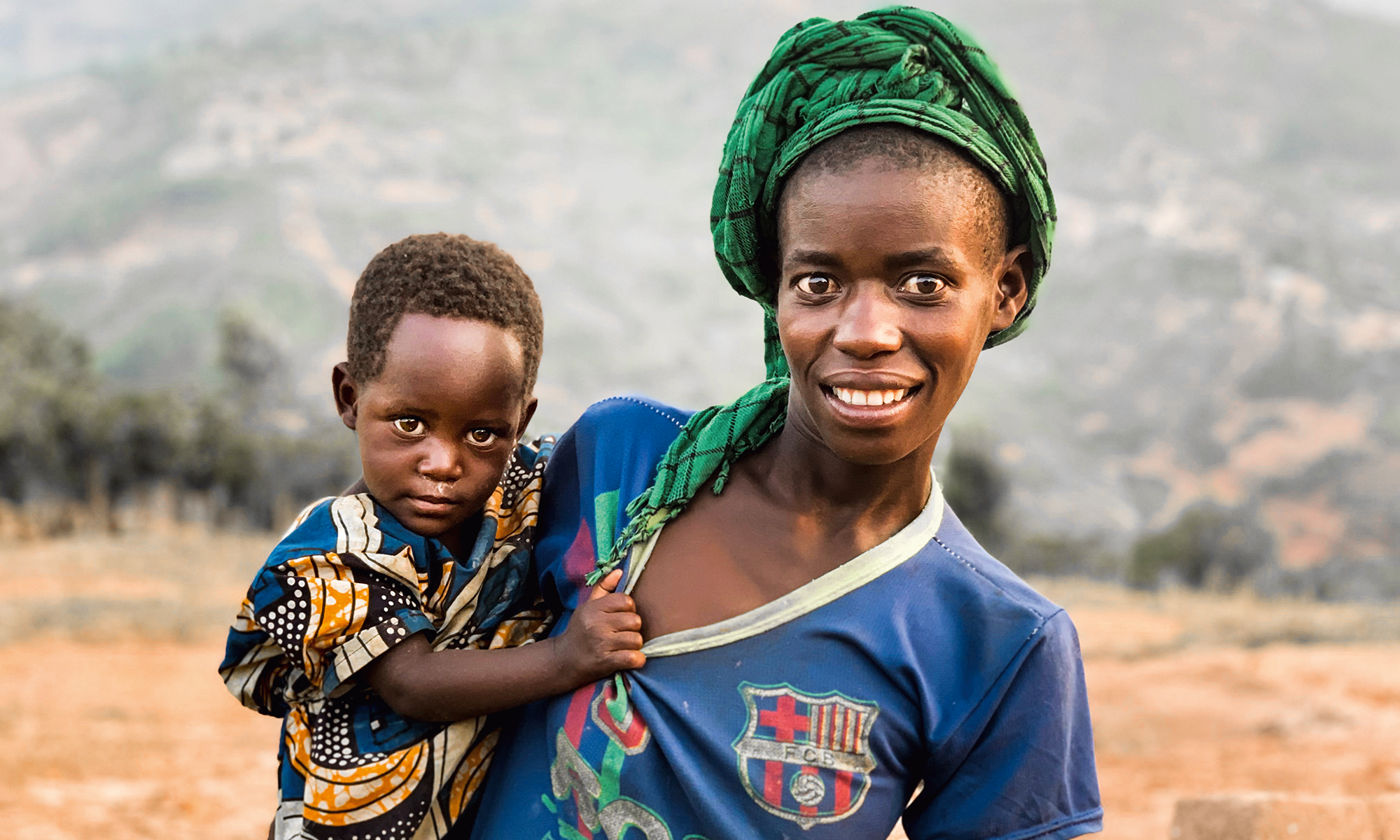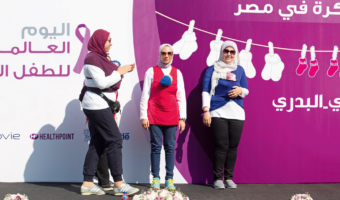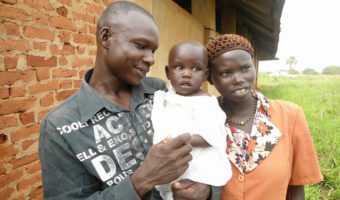It is challenging to scale-up any social programme quickly while maintaining its quality and effectiveness. Early childhood development services are particularly difficult to scale because of their multi-sectoral nature: buy-in, coordination, joint planning, and frequent communication are needed from actors in health and hygiene, nutrition, child protection, and early learning. These challenges are amplified when working to expand services through already stretched government structures.
Momentum is growing in low- and middle-income countries to improve the quality of early childhood services and broaden access, particularly for vulnerable children (Engle et al., 2011). The global early childhood development community can capitalise on this momentum through deeper engagement with the principles of implementation science – defined as ‘the scientific investigation of factors associated with effective implementation’ (Halle et al., 2013).
Even when a programme or practice is based on evidence, it can be challenging to implement in systems that are characterised by high complexity. Implementation science looks at the iterative, nonlinear nature of aspects of implementation. The early childhood community has not paid enough attention to observing, studying, learning and sharing knowledge about these aspects.
An implementation science approach entails a focus on coaching, training, and technical assistance, as well as quality assurance and quality improvement. It encompasses not only the evidence-based practice itself, but also each organisation involved and the environment in which they operate. Effectively implementing this approach requires all stakeholders to understand its value and to budget for the time, money and leadership required.
In Rwanda, implementation science is guiding a high-functioning, multiactor partnership to adapt, scale, and sustain Sugira Muryango (‘Family Strengthening’) – a targeted home visiting programme that supports Rwanda’s most vulnerable families to practise responsive and positive parenting.
Sugira Muryango is unusual in the number and breadth of multi-level stakeholders that have participated in its creation and expansion. The co-creators – François-Xavier Bagnoud (FXB) Rwanda, a local non-governmental organisation, and a combined team at the Research Program on Children and Adversity at Boston College School of Social Work and the University of Rwanda – built a high-level management relationship with critical stakeholders across sectors in the government of Rwanda (Ministries of Gender and Local Government), and invited active co-creation from their multilateral (World Bank), bilateral (USAID) and private funders (Network of European Foundations, The ELMA Foundation).
This multi-faceted partnership has been working to design, deliver, iterate, and measure the impact and cost of the Sugira Muryango home visiting programme, a 12-week intervention that works through community-based coaches to improve parent–child interactions. Sugira Muryango comprises five core components:
- providing education on children’s development, nutrition and health, and hygiene promotion
- coaching male and female caregivers to engage in play and early language learning with young children
- reducing family violence and improving conflict resolution and parental emotion-regulation skills
- strengthening problem-solving skills and social support through access to available informal and formal resources
- building skills in positive parenting, alternatives to violence, and coping skills to promote healthy family functioning.
Scaling through learning and adaptation
The Sugira Muryango partnership has been guided from the start by learning and adaptation. The home visiting curriculum was created based on global best practices, WHO’s Care for Child Development, and a prior parenting curriculum that had been tested in Rwanda for families facing adversity due to HIV. The programme was then adapted, through a series of small-scale early pilots, for families with a child under 3 years old who are affected by extreme poverty. It was specifically designed for both dual- and single-caregiver families, and to layer on top of Rwanda’s national social protection programme.
Designed with sustainability in mind, Sugira Muryango worked rapidly with local stakeholders to identify and recruit families and link to referral networks through existing government structures at national and local levels. At the same time, Sugira Muryango provided enhanced support to the most vulnerable families eligible for the Vision 2020 Umurenge Programme, a governmentled initiative on poverty and social protection; built the capacity of specific community-based workers through training, monitoring and supervision; generated data; and evaluated implementation impact, process, and outcomes related to child development and violence.
‘An implementation science approach entails a focus on coaching, training, and technical assistance, as well as quality assurance and quality improvement. It encompasses not only the evidencebased practice itself, but also each organisation involved and the environment in which they operate.’
A cluster randomised trial in 2017–2018 enrolled 1049 families, of whom 549 received the Sugira Muryango intervention. It was found to yield promising results such as improved dietary diversity, more help-seeking for health problems, better socio-emotional and cognitive development outcomes, and reduced violence against intimate partners and children (Betancourt et al., 2020).
At around the same time, early childhood development was emerging as a national priority in Rwanda. In 2017, the government strengthened the policy and institutional framework, including establishing the National Early Childhood Development Program (NECDP) under the Ministry of Gender. NECDP became responsible for coordinating all interventions supporting the development and growth of children aged under 6, including relevant ministries at central level and the implementation of activities at different administrative levels: district, sector, cell and village (the National Early Childhood Development Program strategic plan).
The Sugira Muryango partnership became an active participant, working with NECDP to plan for an expansion phase (2019–2022) to reach over 10,000 children in three districts. As a sign of confidence in the programme, home visiting will be conducted through existing Friends of the Family (Inshuti Z’Umuryango), a community-level child protection volunteer workforce. During this phase, ownership will shift further from the creators to FXB Rwanda and local officials, as they establish cross-site learning teams to improve quality using ‘plan–do–study–act’ cycles to generate home-grown solutions to programme challenges.
The Sugira Muryango partnership conducted a rigorous analysis to shed light on what it would cost to expand the programme entirely through government structures. Because of this emphasis – and the programme’s continued commitment to measure and monitor results for families – NECDP invited the partners to collaborate in developing national minimum standards and join technical working groups to guide other programmes transitioning to scale. The expansion phase also attracted further support to the Sugira Muryango partnership, from the LEGO Foundation, Echidna Giving, and Oak Foundation.
Adapting to Covid-19
The Sugira Muryango partnership’s focus on learning how to integrate the services into government structures proved to be critical during the Covid-19 disruptions. Project stakeholders immediately pivoted and adapted processes and materials: testing, adjusting, and progressing.
For example, training protocols were immediately adapted to use the WhatsApp platform, while partnership meetings continued with the government and other stakeholders through remote conferencing facilities. Direct home visiting was put on hold until social distancing restrictions could be eased, but the partnership continued a robust training and preparation agenda remotely to adapt programme delivery. Currently, multi-level strategies are being tested in three districts for scaling to all families with children under age 3 who are eligible for social protection programmes due to extreme poverty. Should they prove successful, they will provide a platform for expanding and sustaining high-quality services at greater scale.
References can be found in the PDF version of this article.



